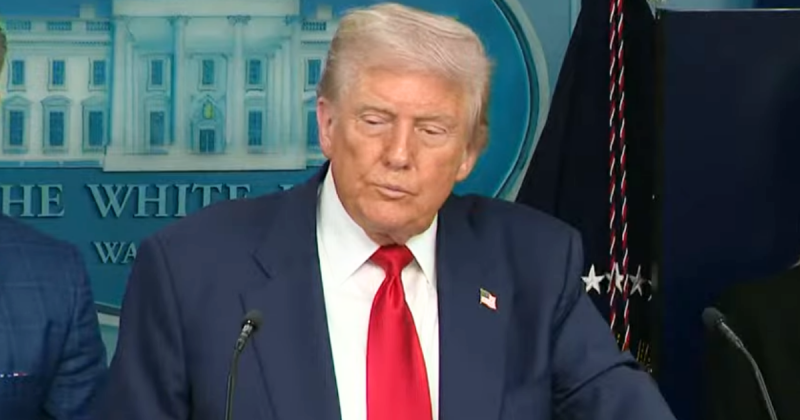A federal appeals court blocked the Trump administration from enforcing a rule requiring passports and other federal identification documents to reflect a person’s biological sex at birth, keeping a lower court injunction in place as the legal dispute continues.
The ruling, which was made on Thursday, marks a temporary halt to the policy but leaves open the broader question of how the federal government should handle identification standards.
The rule stems from an executive order signed by President Trump on his first day back in office.
It directs federal agencies to ensure that passports, visas and Global Entry cards correspond to an individual’s “immutable biological classification as either male or female.”
Proponents argue the policy preserves the integrity and consistency of federal records while helping to prevent complications in international travel and border inspections.
Under the Biden administration, passport applicants could select “M,” “F” or “X,” even if the designation did not match their biological sex.
This approach aimed to accommodate trans-identifying, nonbinary and intersex individuals seeking identification aligned with their gender identity.
Critics warn that prioritizing personal preference over biological facts could create confusion when verifying documents, processing international travel, and maintaining federal record accuracy.
The American Civil Liberties Union (ACLU) filed suit against the Trump-era policy on behalf of individuals whose gender identity does not align with their biological sex.
Plaintiffs argued that requiring documents to reflect biological sex could cause immediate harms, including safety risks while traveling abroad and difficulties accessing services or accommodations.
In its ruling, the First Circuit found the plaintiffs’ challenge likely to succeed under the Administrative Procedure Act, The Post Millennial reports.
The court emphasized that enforcing the policy could cause immediate harm to plaintiffs, while the government focused primarily on long-term institutional concerns.
Legal experts say the decision highlights the judiciary’s role in weighing administrative authority against potential risks to individuals.
Li Nowlin-Sohl, staff attorney for the ACLU’s LGBTQ & HIV Project, praised the ruling, stating, “We’re thankful the court rejected this effort by the Trump administration to enforce their discriminatory and baseless policy.”
“People across the country depend on identity documents that accurately reflect their identity—who they are in their workplaces, their schools, and their communities.”
Jessie Rossman, legal director at the ACLU of Massachusetts, added, “Access to accurate identification is central to the safety and wellbeing of all people in this country. We are glad the First Circuit upheld the District Court’s injunction and will continue advocating for the basic rights and dignity of our clients.”
Supporters of the Trump policy maintain that identification documents should reflect objective biological facts to ensure accuracy, reliability and consistency across federal records.
They argue that discrepancies between documents and biological sex could complicate travel, administrative verification and public confidence in official identification.
The ruling underscores ongoing debates over gender identity, federal authority and how agencies set documentation standards.
While the injunction prevents enforcement of the “biological sex” requirement for now, the case is expected to influence future policies at both the federal and state levels, potentially shaping how identification documents are issued and verified for years to come.

